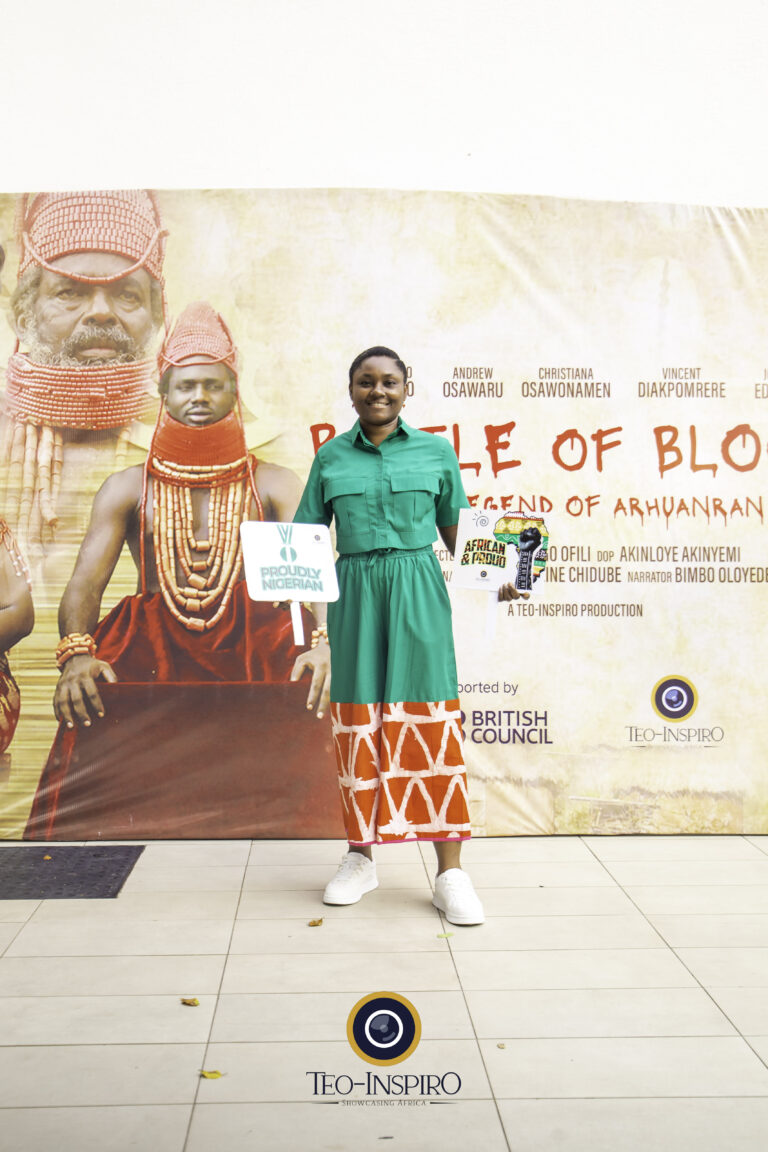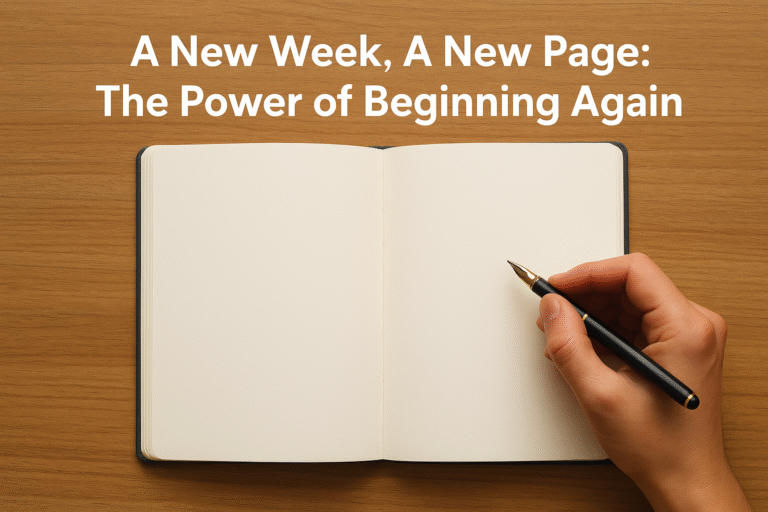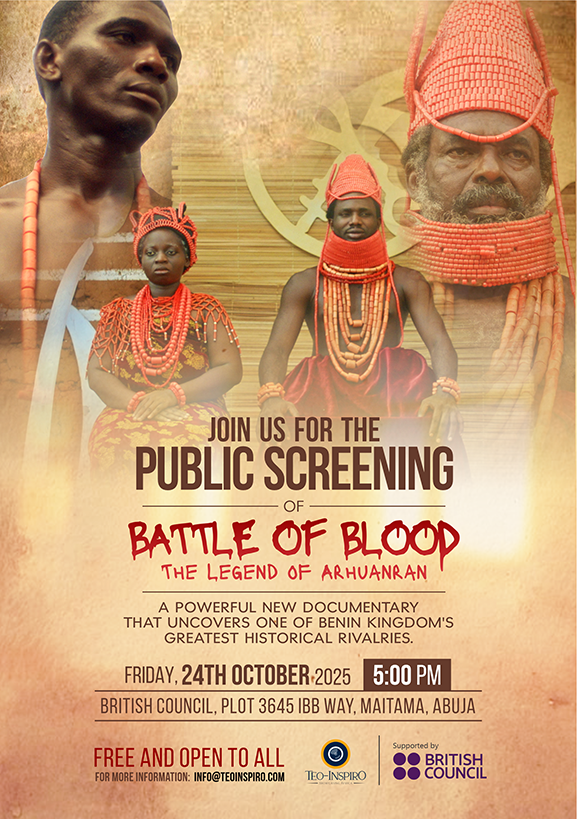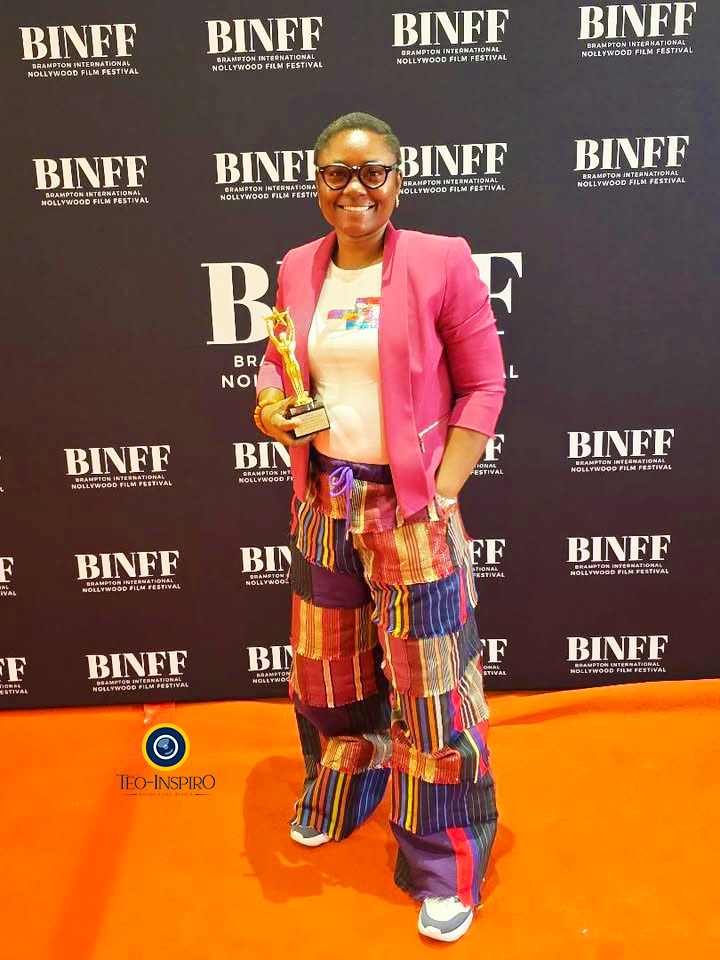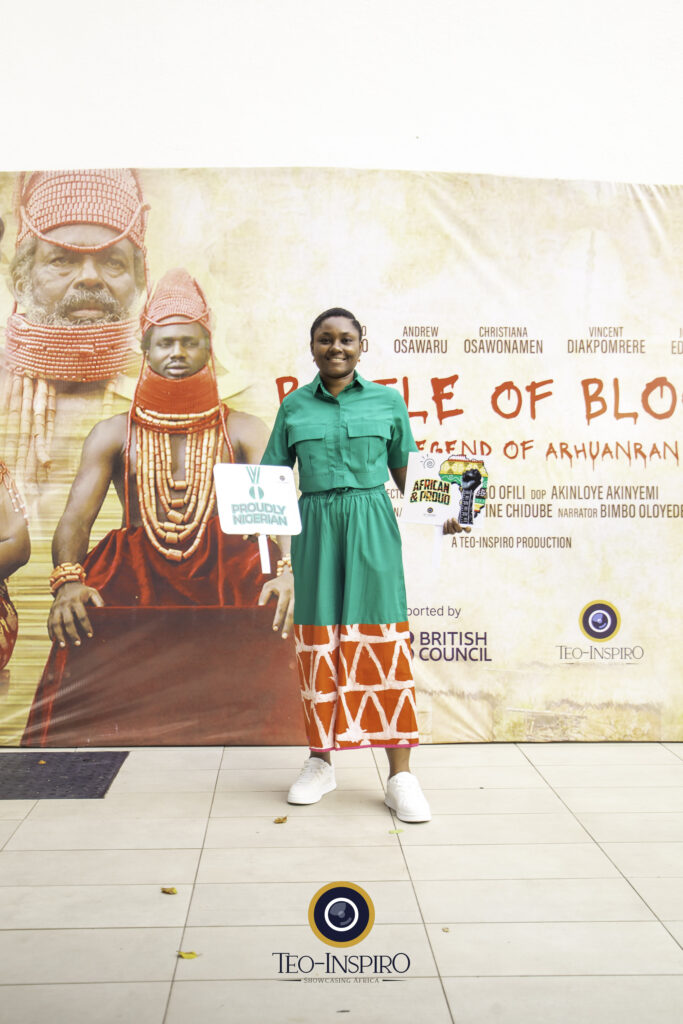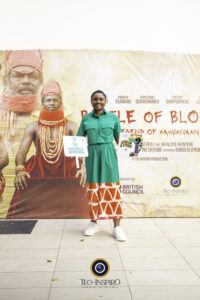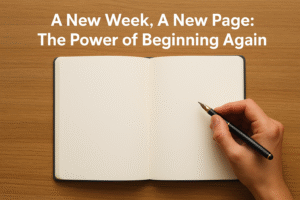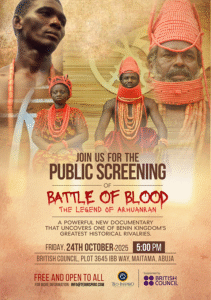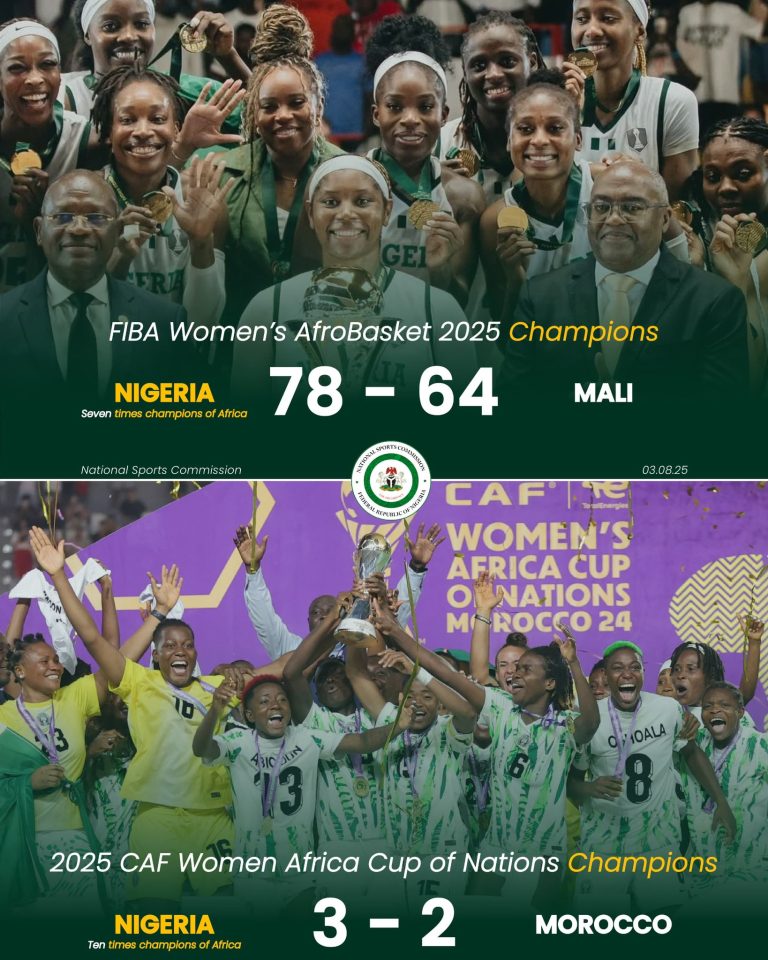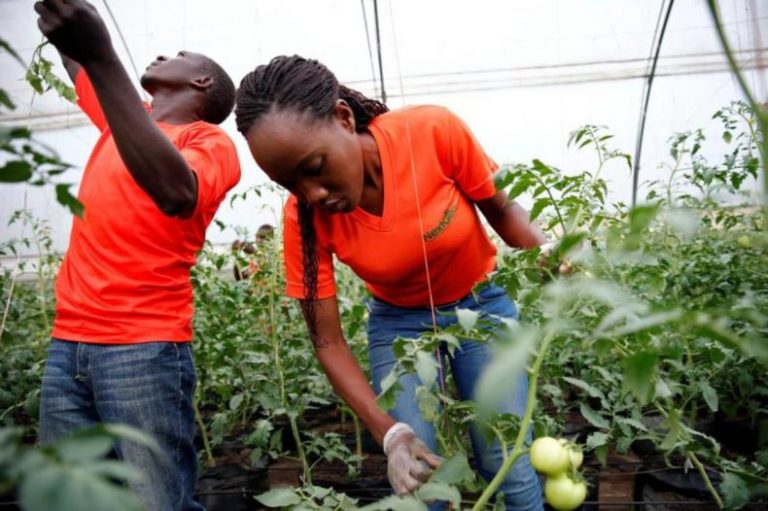I have always believed that there are two categories of old persons in Nigeria: the rich older persons and the poor older persons. Every year, the UN celebrates International Day of Older Persons on October 1st.
This year’s theme stood out for various reasons:
- It coincided with the 70th anniversary of the Universal Declaration of Human Rights (UDHR). Thus, the theme “Celebrating Older Human Rights Champions.” was chosen to significantly remind us of the importance of that declaration 70 years ago.
- It also signifies a call to ‘reaffirm the commitment to promoting the full and equal enjoyment of all human rights and fundamental freedoms by older persons.’
The UN stressed that the 2018 theme was set to achieve the following:
- Promote the rights enshrined in the Declaration and what it means in the daily lives of older persons;
- Raise the visibility of older people as participating members of society committed to improving the enjoyment of human rights in many areas of life and not just those that affect them immediately;
- Reflect on progress and challenges in ensuring full and equal enjoyment of human rights and fundamental freedoms by older persons; and
- Engage broad audiences across the world and mobilize people for human rights at all stages of life.
Coincidentally, the October 1 global celebration of older persons falls on the same day
Nigeria marks its Independence Day celebration yearly since attaining independence from the British in 1960. It would have been a lovely scenario if Nigerians had thought of taking advantage of this date, not just to celebrate our older persons but to recognize past leaders, whether deceased or still alive, for having been a voice ‘advocating for human rights in their communities, at the grassroots, and at local, national and regional levels.
According to the UN, “Each and every one demands equal respect and acknowledgement for their dedication and commitment to contributing to a world free from fear and free from want.”
How true!!! Yet, we dream of the day that the poor elderly in Nigeria would enjoy equal rights, respect, fair, just and equal treatment like their counterparts, the well rich elderly. We hope for the day that the poor elderly would not be labelled ‘witch’ because he/she does not have the wealth that frees him/her from being dependent on their offspring and rich relations for their daily upkeep until the day mother earth demands for their weary bones in preparation to embrace their ashes.
Whilst our rich elderly command respect, it is not so for their poor counterparts. No wonder we are all hoping to be the rich elderly one day. How easy for us with our rich heritage and culture to fall so easily to alien ways of not taking care of the poor elderly amongst us. We must, however, commend philanthropic Nigerians, faith based organizations like the Catholic Missions, well put together families, individuals, non-governmental organizations and some communities for not failing to take care of the less fortunate elderly still living with us.
By Bridget Uko

